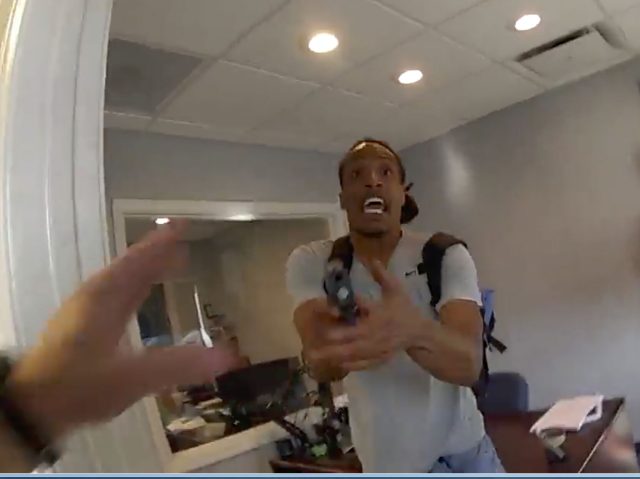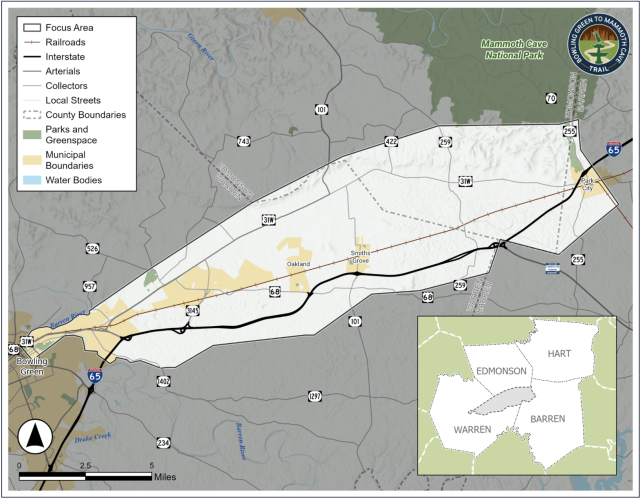Attorney general and private organizations work to combat modern slave training
Published 9:37 am Sunday, October 2, 2016

- The number of people living in what amounts to modern-day slavery in the state climbs each year, with the majority – 79 percent of the 332 identified Kentucky victims – trafficked for sex. Children who are 15 and 17 years old are the most commonly trafficked victims.
From 2008 through June, 332 people were identified as victims of human trafficking in Kentucky.
The number of people living in what amounts to modern-day slavery in the state climbs each year, with the majority – 79 percent of the 332 identified Kentucky victims – trafficked for sex. Children who are 15 and 17 years old are the most commonly trafficked victims.
Kentucky Attorney General Andy Beshear is addressing the issue through a variety of avenues, from proposing legislation that would allow his office to prosecute human trafficking cases to teaming with organizations that have expressed interest in fighting the illicit trade. Additionally, the U.S. Department of Justice announced Thursday $49 million in grants to combat human trafficking. Kentucky is one of 25 states that will receive money. Beshear’s office and Catholic Charities of Louisville, the organization that runs the Victims of Human Trafficking Program in Kentucky, applied for the grant funding and learned this week they will receive $1.5 million to be split between the two agencies over two years.
Beshear’s office will use the funding to enhance the state’s all-volunteer Human Trafficking Task Force by hiring a program manager for the task force, said Allyson Cox Taylor, executive director of the Office of Child Abuse and Exploitation Prevention in the attorney general’s office. The program manager will be responsible for staffing the task force that is comprised of stakeholders in the issue. The grant funding will also allow the AG’s criminal investigation department to hire an investigator who is specially trained in human trafficking investigations.
The task force is working to develop strong policies and protocol for responding to human trafficking cases, develop ways to collect and examine data and work toward training law enforcement and prosecutors in handling human trafficking investigations and prosecution, Taylor said.
“The attorney general is so focused on human trafficking and protecting kids and making Kentucky a safe place to live,” Taylor said.
“It’s a really big deal for us and we’re really excited,” she said of the grant funding.
In September, Beshear’s office announced that it was partnering with the Truckers Against Trafficking Coalition to identify ways to provide training to Kentucky’s commercial drivers and truck stop employees so they can recognize the signs of human trafficking and report it. Also, the 750,000-member Kentucky Baptist Convention announced the convention will not conduct business with hotels that don’t participate in training their employees to recognize indicators of human trafficking.
“I think this is great, and it looks like a model that we could use in other types of businesses not just the hotel industry,” said Marissa Castellanos, Human Trafficking Program manager for Catholic Charities of Louisville.
“When you have a big organization like that that provides a lot of business to hotels, that might affect the bottom line for different hotels, and the bottom line is substantial to business owners. I think there is some value in connecting those. I think this is a great step and we should continue to do this to encourage businesses to be more actively involved, more aware and take whatever steps they can to help on this issue,” Castellanos said.
Castellanos is excited about the possibilities that exist for truckers to meaningfully influence the fight against trafficking.
“Certainly we know we have plenty of cases showing that Kentucky has been a transit state, or even the destination or source location, for trafficking crimes utilizing our interstates to move victims around and exploit them,” Castellanos said. “Engaging truckers who are the constant eyes on our roads apart from law enforcement, the trucking industry is so engaged that they are ideal to have trained to raise their awareness. They are probably seeing these things happening around them.”
“Those two things are really important steps,” Castellanos said about the trucking industry training and the KBC withholding business from hotels that don’t actively engage in fighting against trafficking. “I’m really grateful to the attorney general’s office for taking a lead and using their influence to ensure these things are happening.”
The Truckers Against Trafficking Coalition will offer training to all new drivers who are trying to obtain a commercial driver’s license.
“At any given time there are more truck drivers out on the roads than there are law enforcement officers,” said Esther Goetsch, Truckers Against Trafficking build specialist. “Professional drivers are trained to be vigilant and can often find themselves intersecting with victims of human trafficking. For this reason, they are critical in the fight against human trafficking … .
“Trained, equipped and empowered to recognize the signs of human trafficking and effectively report it, they will continue to save lives. The coalition formed as a result of the Kentucky Attorney’s General’s Office, the Kentucky Trucking Association and Truckers Against Trafficking co-hosting a coalition build, which brought together local, state and federal law enforcement alongside key trucking industry stakeholders for a half-day training and network building. We firmly believe that these efforts will make an impact in closing loopholes to traffickers and recovering victims across Kentucky.”
Often, victims of human trafficking don’t self-identify or report the crime for a variety of reasons. This makes third-party intervention vital to combat the issue.
“Those hotel workers and truckers could be that third party in so many cases,” Castellanos said.
Proposed concurrent legislation, if passed, could result in more human trafficking prosecutions.
“We want to address the concurrent jurisdiction issues,” Taylor said. “We have one of the best laws in the country. If we have the ability to take the lead on that and can have some successful prosecutions, that will set an overall tone of how you can be successful. …
“It’s just an extra set of boots on the ground,” she said.
Warren County Commonwealth’s Attorney Chris Cohron, who has obtained guilty pleas in at least two human trafficking cases locally, sees the value in the concurrent jurisdiction issue, provided local prosecutors are given an option.
“As far as the concurrent jurisdictional issue goes, I think as long as the local prosecutorial agency has the ability to opt in or out of the assistance provided by the attorney general’s office, it would be a positive for the prosecution of these very complicated cases,” he said.
“I think we’ve come a long way in a very short period of time with some of the legislative enactments we’ve had over the last couple of sessions. We’ve done a good job as far as expanding awareness but obviously still have a long way to go.”
— Follow Assistant City Editor Deborah Highland on Twitter @BGDNCrimebeat or visit bgdailynews.com.






